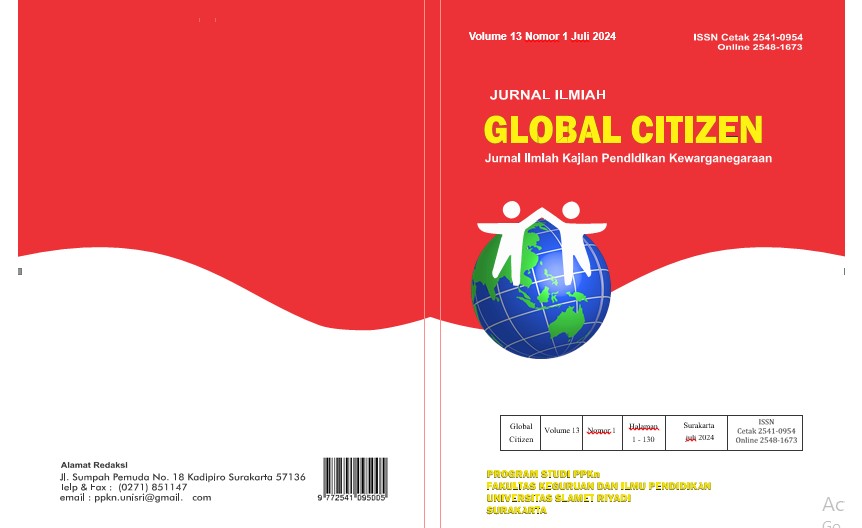Pancasila Perspective in Realizing Digital Equality as an Effort Towards Good Governance
DOI:
https://doi.org/10.33061/jgz.v13i1.9934Abstract
The rapid development of Information and Communication Technology (ICT) urges both society and the state to adapt swiftly. Technology has altered various aspects of life and offers conveniences. However, a segment of the Indonesian populace is experiencing a digital divide due to this rapid advancement. The digital gap is propelled by geographic factors, unequal infrastructure, motivation, skills, aims, and perceived impacts. This digital discrepancy brings forth various detrimental effects on the populace. It impedes the Government's efforts to achieve good governance and prosperity for Indonesian society. Pancasila, as the foundation of the Indonesian state, encapsulates values of justice, aspiring for equality among Indonesians across various domains. The existence of a digital divide contradicts these aspirations. The digital gap contradicts the ideals of Pancasila, and thus, Pancasila can serve as a basis and guide in addressing this issue. The values within Pancasila can be utilized as a foundation in devising strategies to bridge the digital divide and create digital equality.
Keywords: Digital divide, Pancasila, Digital equity, Good governance
Downloads
Published
How to Cite
Issue
Section
License
Copyright (c) 2024 Khansa Amani, Fatma Ulfatun Najicha

This work is licensed under a Creative Commons Attribution-NonCommercial 4.0 International License.
Authors who publish this journal agree to the following terms:
- Authors retain copyright and grant the journal right of first publication with the work simultaneously licensed under a Creative Commons Attribution License that allows others to share the work with an acknowledgement of the work's authorship and initial publication in this journal.
- Authors can separately make additional contractual arrangements for non-exclusive distribution published by the journal (e.g., publish it in a book), with an acknowledgement of its initial publication in this journal.
- Authors are allowed and encouraged to send their work via online (e.g., in the institutional repositories or their website) after published by the journal.
















